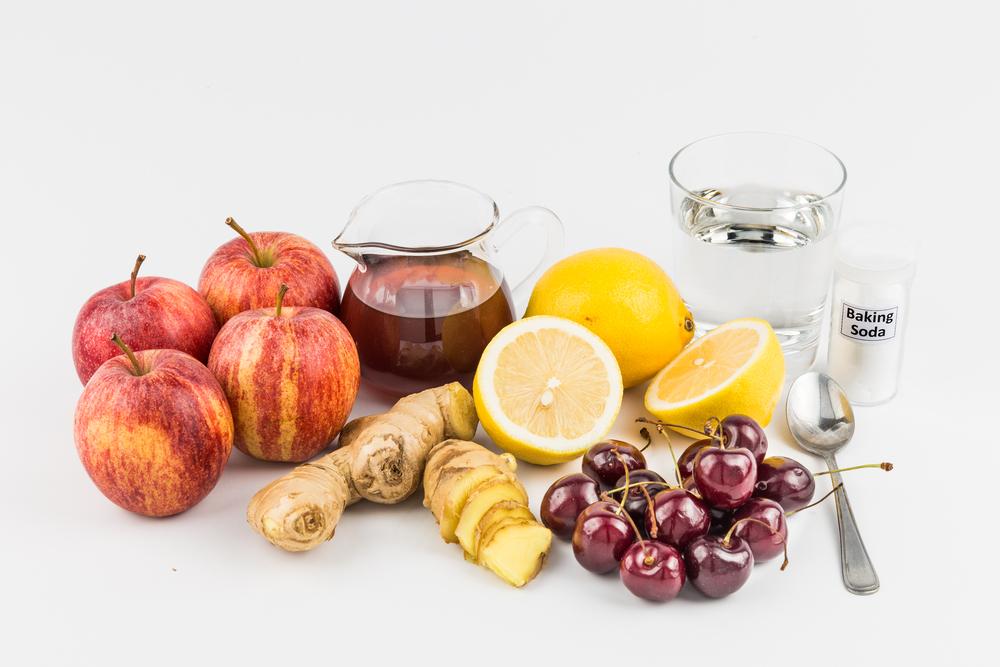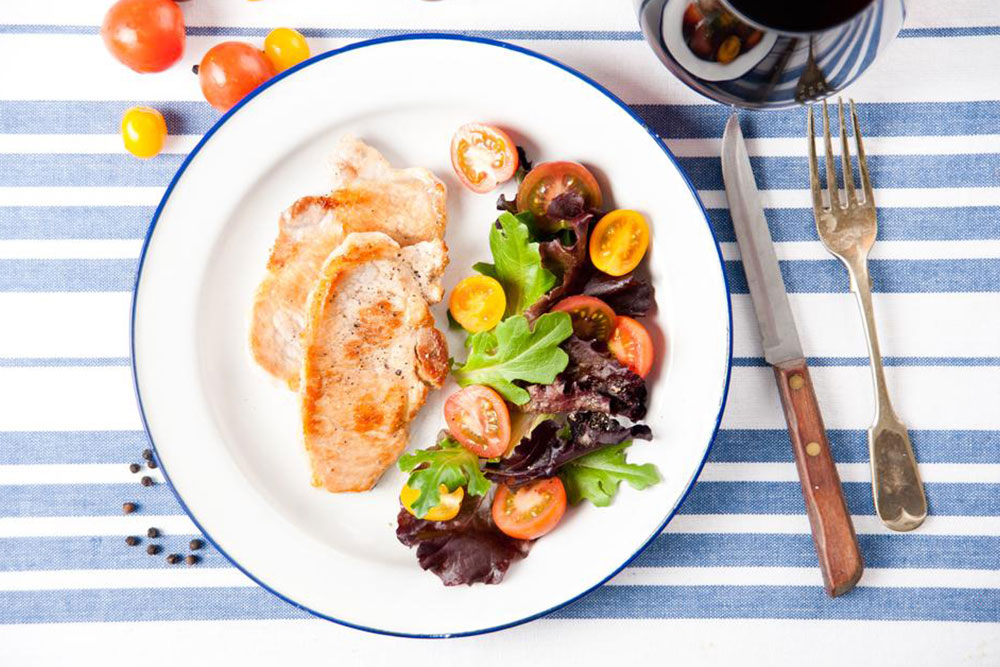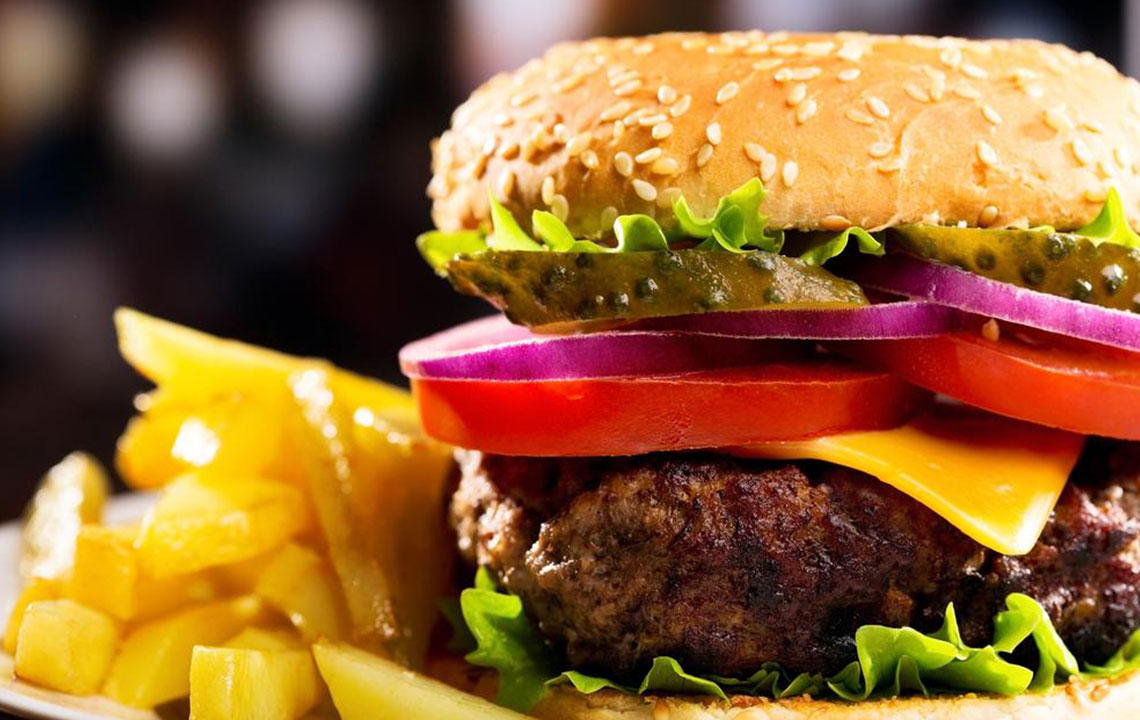Diet Tips: Foods to Consume and Avoid for Gout Relief
This article offers essential dietary advice for managing gout, highlighting foods to include and avoid. It emphasizes the importance of diet in reducing uric acid levels and preventing painful attacks, while encouraging consultation with healthcare professionals for personalized advice.

Dietary Recommendations for Managing Gout
Gout is a form of arthritis characterized by intense joint pain, swelling, redness, and tenderness. It occurs when excess uric acid accumulates and deposits crystals in the joints. Common affected areas include toes (especially the big toe), fingers, wrists, heels, and knees. Elevated uric acid levels can trigger gout attacks lasting from 3 to 14 days, and if untreated, may cause joint damage or deformity.
While highly painful, gout symptoms can be managed through medication and diet. Certain foods elevate uric acid levels and can provoke attacks. Here, we explore recommended foods to include and those to avoid for gout management.
Foods to include
Nuts and seeds
Legumes such as tofu, lentils, soybeans
Whole grains like brown rice, quinoa, and barley
Plant-based oils including olive, coconut, flaxseed, canola
Low-fat dairy products
Vegetables of all kinds
Beverages like coffee, green tea, and herbal teas
Herbs and spices
Fruits, especially cherries which reduce inflammation and uric acid
Foods to avoid
Organ meats such as liver, kidney, and brain
Red meats like veal, venison, and sweetbreads
Fish including mackerel, sardines, tuna, haddock, anchovies
Seafood like shrimp, crab, scallops, fish roe
High-fructose drinks including sodas and fruit juices
Sweeteners such as honey, agave nectar, corn syrup
Foods with yeast or containing yeast-derived ingredients
Sweets like cookies, cakes, and candies
Foods that trigger gout are a major concern for many, particularly those who enjoy flavorful dishes. Studies indicate that high-purine foods are not always sole culprits, while high-fructose drinks can provoke attacks by accelerating cellular processes and raising uric acid. Consulting healthcare professionals or dietitians is vital for tailoring an effective gout-management diet.










